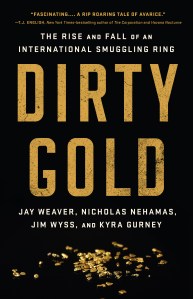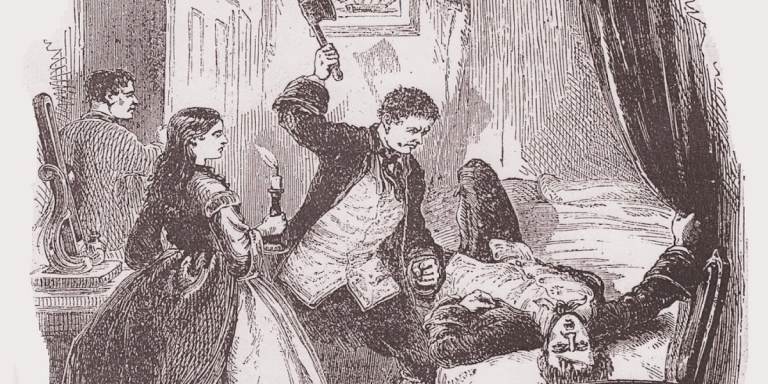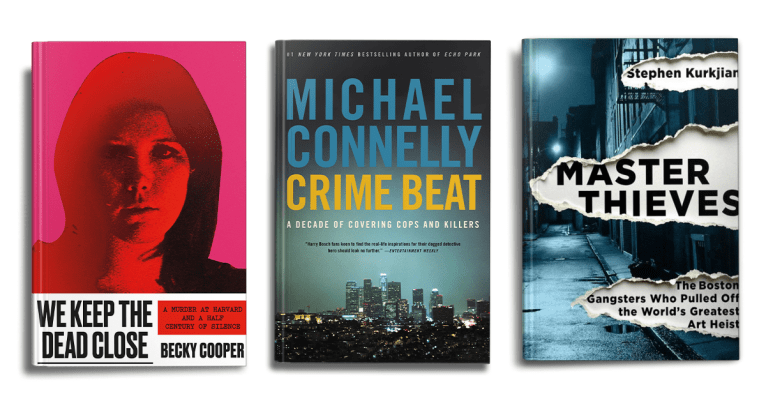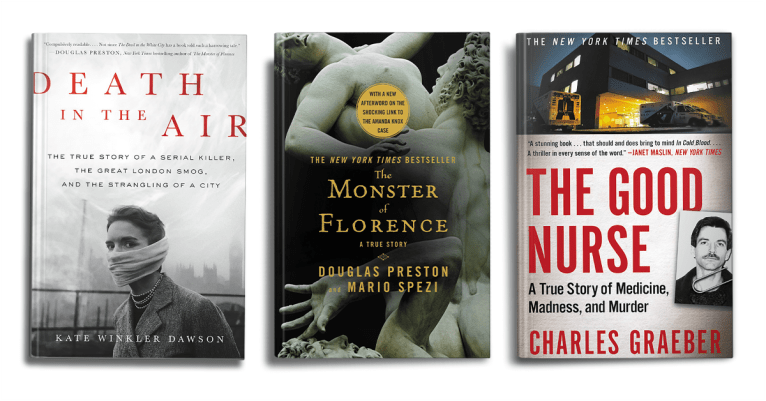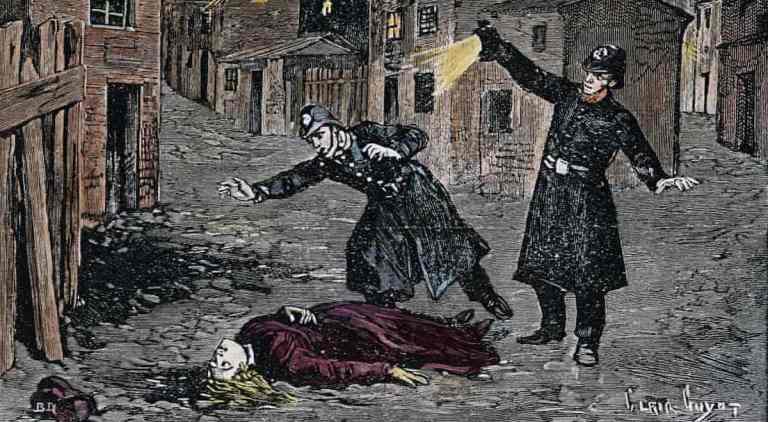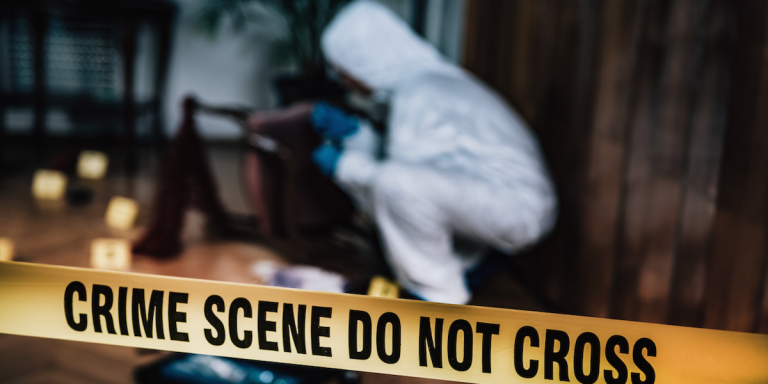Nonfiction Books That Shed Light on Crime in the Real World
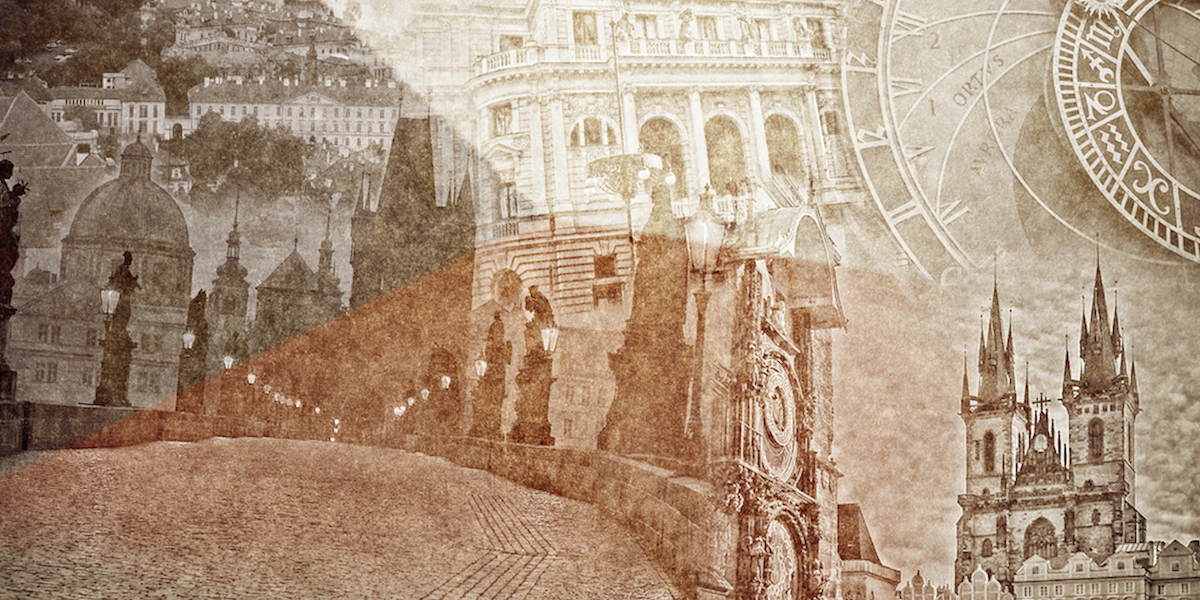 Nonfiction can sometimes be dry, but true crime books rarely are. If you’re looking for some compelling books—the kind that keeps you wanting to turn pages, not the kind that will put you to sleep—nonfiction crime books are a great choice. These five crime books provide fascinating windows into history, politics, and current events, from the Rwandan genocide and the illegal gold trade to Chinese government surveillance and the effects of crime on small-town Appalachia. They’re a blend of investigative journalism, memoir, biography, history, and cultural analysis. The best true crime stories, and the best history books, are not only engaging and hard to put down, but teach us something new about the world we live in—and how to go on living in. These five books do exactly that.
Nonfiction can sometimes be dry, but true crime books rarely are. If you’re looking for some compelling books—the kind that keeps you wanting to turn pages, not the kind that will put you to sleep—nonfiction crime books are a great choice. These five crime books provide fascinating windows into history, politics, and current events, from the Rwandan genocide and the illegal gold trade to Chinese government surveillance and the effects of crime on small-town Appalachia. They’re a blend of investigative journalism, memoir, biography, history, and cultural analysis. The best true crime stories, and the best history books, are not only engaging and hard to put down, but teach us something new about the world we live in—and how to go on living in. These five books do exactly that.
Award-winning historian Laurence Rees draws on years of research and dozens of interviews and primary sources in Hitler and Stalin, an in-depth look at the intertwined lives of two of the 20th century's most brutal dictators and tyrants. Focusing mostly on World War II and the years after, Rees illuminates the ways that their animosity toward each other contributed to the death, destruction, and catastrophe that defined their regimes. Full of first-person testimonies from people who worked directly with both Hitler and Stalin, this book is not just another history of World War II, but a detailed and complex portrait of evil at work. Rigorously researched but never dry, this is a compelling work that sheds new light on a grim period of human history.
In Do Not Disturb, Michela Wrong sets out to tell the untold stories of the Rwandan genocide and what happened after. She delves into the circumstances surrounding the murder of Patrick Karegeya, the former head of Rwanda's external intelligence department, and explores the complexities and inner workings of a modern dictatorship. Drawing on primary sources from those both inside and outside the Rwandan government, Wrong weaves a vivid story about the aftermath of war, the true cost of rebuilding a nation, and long-lasting repercussions of political murder.
Veteran journalist Geoffrey Cain turns his practiced eye to technological crime in this eye-opening investigation into Chinese government surveillance. The Perfect Police State is part true crime narrative, part investigative reportage, and part dire warning. Focusing on the comprehensive surveillance network in the province of Xinjiang, Cain explores how China's massive tech surveillance programs emerged, and the implications that government surveillance has for everyday citizens. He uses one citizen's story of life and escape from Xinjiang as a jumping off point for an investigation into what tech surveillance actually means, and its capacity to impact the future, both in China and around the world. This book is a must-read for anyone interested in the intersection of true crime, free speech, and technology.
Gold smuggling may seem like something out of the past, bringing to mind classic Westerns and infamous bank robbers. But, as the authors of Dirty Gold make abundantly clear, it's actually a modern problem. Written by the group of Miami Herald reporters who broke the story, this book exposes the illegal gold trade and the men who grew rich on it. In 2017, the FBI arrested three Miami businessmen for illegal metals trading—mostly Peruvian gold smuggled from illegal mines. Their arrest was just the tip of the iceberg, and their prosecution soon exposed a multi-million dollar illegal industry. Dirty Gold traces the interconnected stories of the drug dealers, miners, businessmen, and many others caught up in this criminal underworld. The authors present a comprehensive and often disturbing picture of the industry, from the environmental degradation and humans rights violations to the implications for the stock market. You'll never look at gold the same way again.
Related: The Best Books and Movies About The Illegal Mining and The Drug Trade
The Third Rainbow Girl begins as the story of two unsolved murders, but it certainly doesn't end there. In 1980, two young women were murdered in rural West Virginia. They were on their way to an annual outdoor peace festival, but never arrived. For years, though locals and outsiders alike cast their suspicions on various local men, the murders went unprotected. Eventually, a local farmer was arrested and sentenced to life imprisonment; later, a different man and convicted serial killer confessed to the murders. In the midst of this uncertainty, reporter Emma Copley Eisenberg traveled to West Virginia and spent five years investigating the case. What she found exposed the ways the crime and its aftermath have haunted this small Appalachian community for more than a generation. It's a powerful look at the legacies of trauma, the ways that violent events can define and overwhelm a community, and the repercussions that such events, and the stories we tell about them, have for all of us.
By clicking 'Sign Up,' I acknowledge that I have read and agree to Hachette Book Group’s Privacy Policy and Terms of Use
What to Read Next
